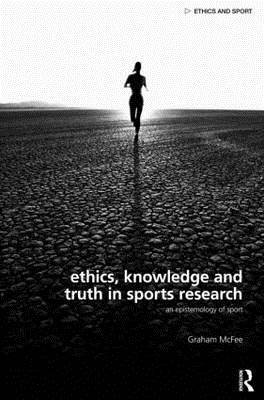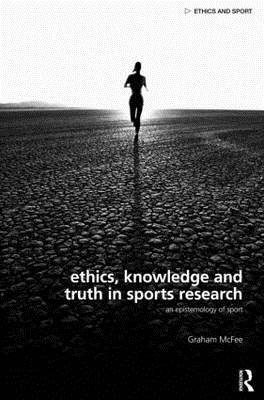
- Retrait gratuit dans votre magasin Club
- 7.000.000 titres dans notre catalogue
- Payer en toute sécurité
- Toujours un magasin près de chez vous
- Retrait gratuit dans votre magasin Club
- 7.000.000 titres dans notre catalogue
- Payer en toute sécurité
- Toujours un magasin près de chez vous
Description
The study of sport is characterised by its inter-disciplinarity, with researchers drawing on apparently incompatible research traditions and ethical benchmarks in the natural sciences and the social sciences, depending on their area of specialisation. In this groundbreaking study, Graham McFee argues that sound high-level research into sport requires a sound rationale for one's methodological choices, and that such a rationale requires an understanding of the connection between the practicalities of researching sport and the philosophical assumptions which underpin them.
By examining touchstone principles in research methodology, such as the contested 'gold standard' of voluntary informed consent in the natural sciences and the postmodern denial of 'truth' in the social sciences, McFee demonstrates that epistemology and ethics are inextricably linked. Drawing on a wide range of examples, from the laboratory to the sports field, McFee explores the concepts of 'knowledge' and 'truth' in sports research and makes a powerful case for a philosophical deepening of our approach to method and methodology in sport. This book is important reading for all advanced students and researchers working in sport, exercise and related disciplines.
Spécifications
Parties prenantes
- Auteur(s) :
- Editeur:
Contenu
- Nombre de pages :
- 240
- Langue:
- Anglais
- Collection :
Caractéristiques
- EAN:
- 9780415493147
- Date de parution :
- 01-03-10
- Format:
- Livre relié
- Format numérique:
- Genaaid
- Dimensions :
- 156 mm x 234 mm
- Poids :
- 517 g







